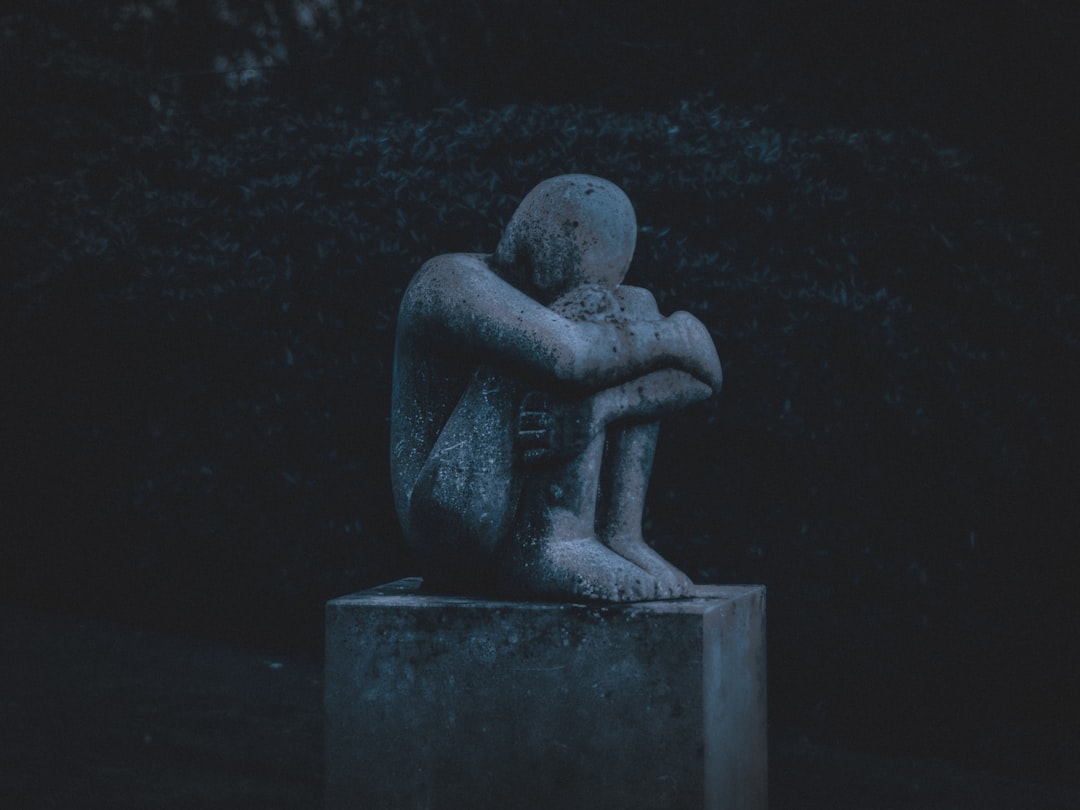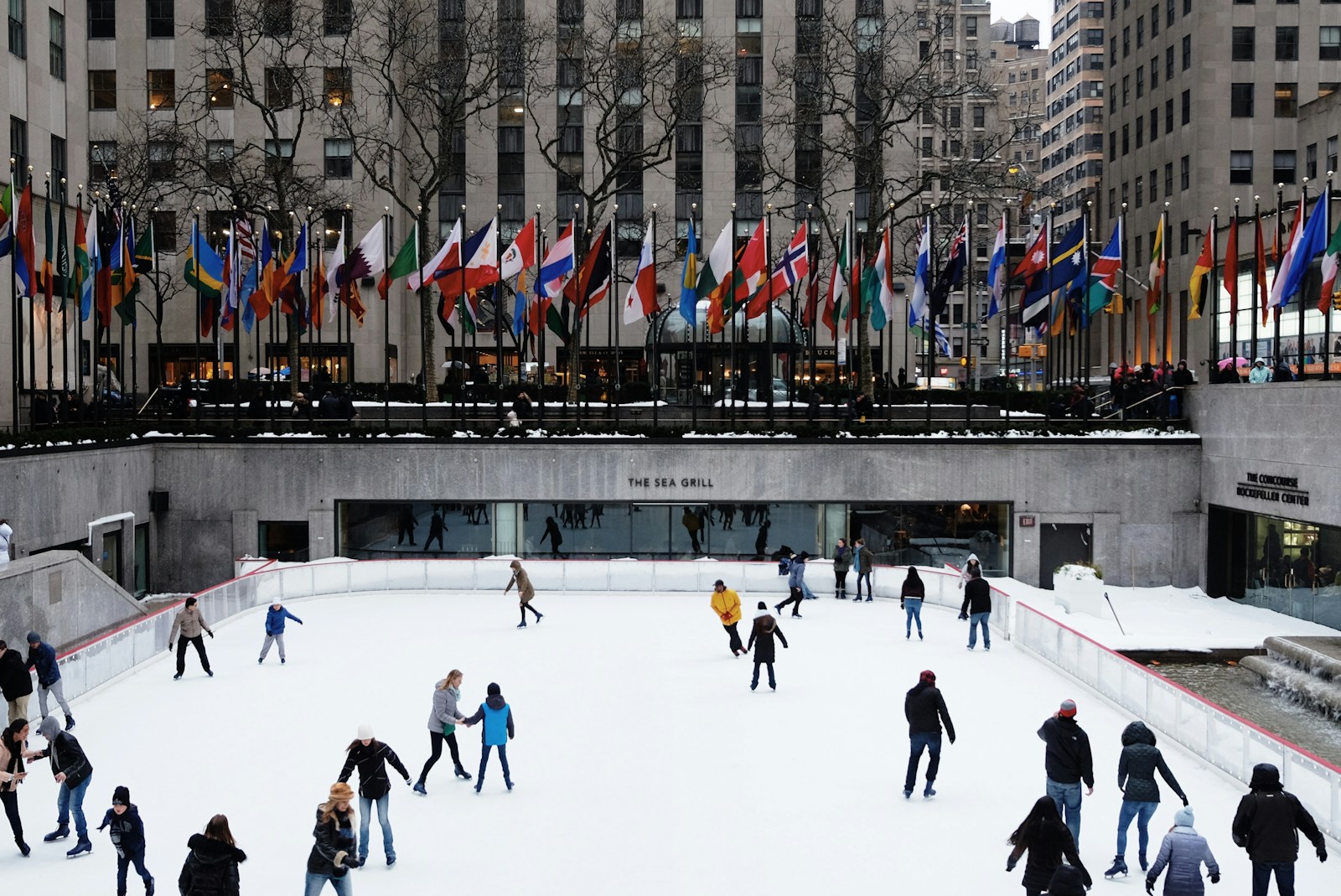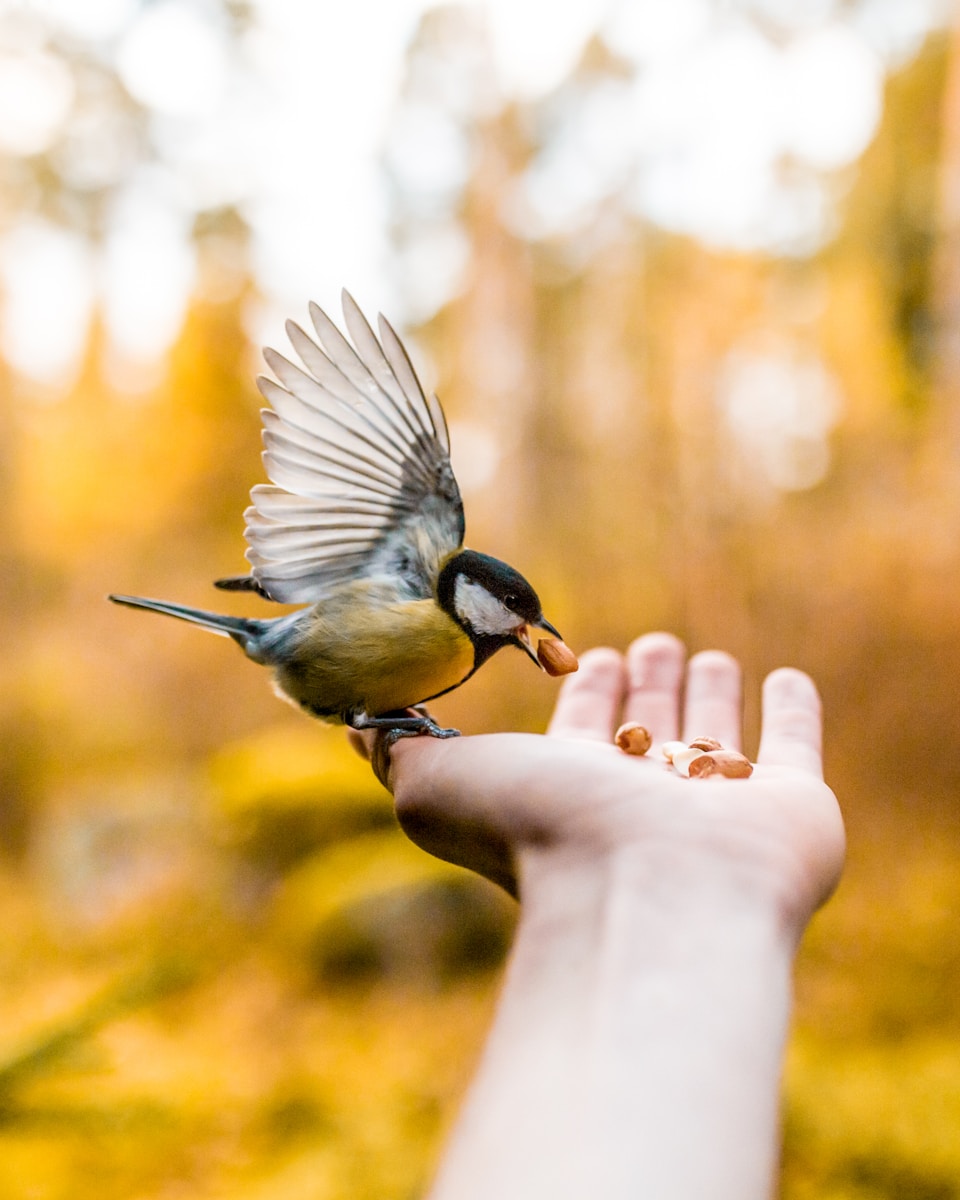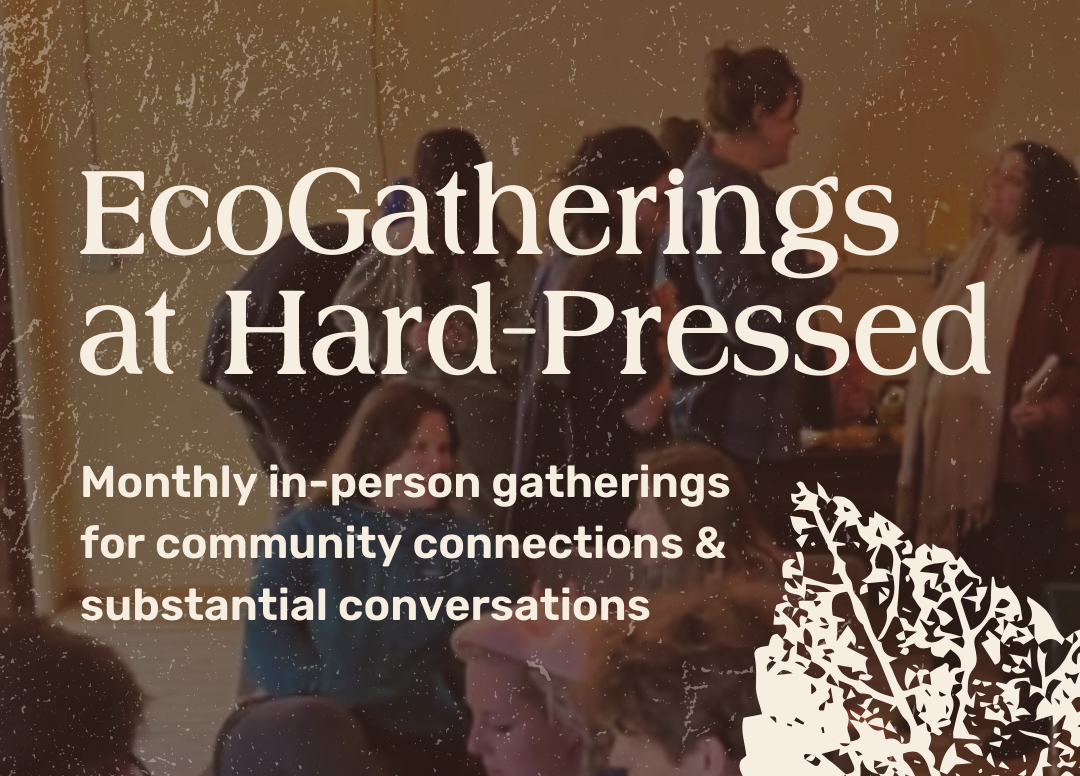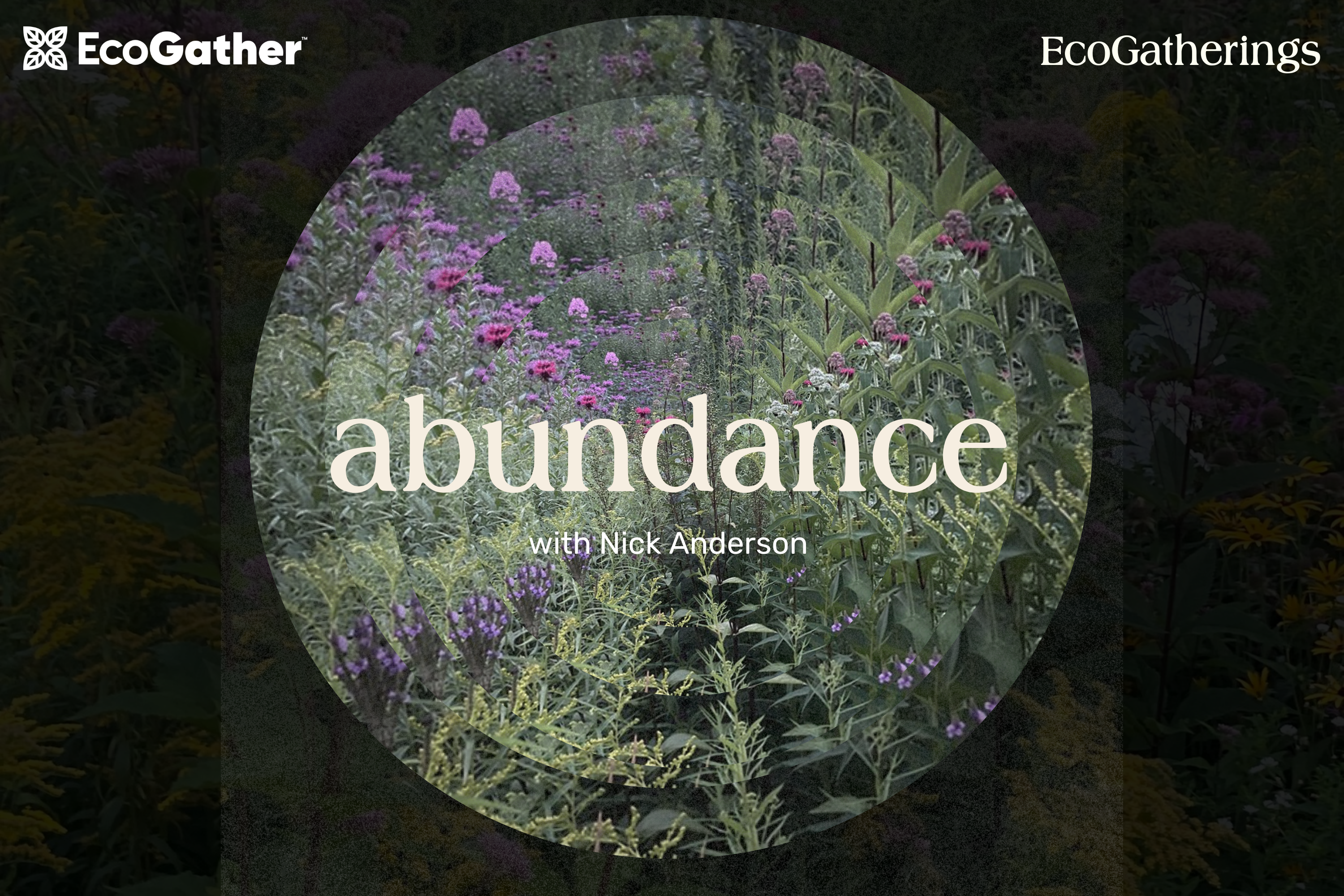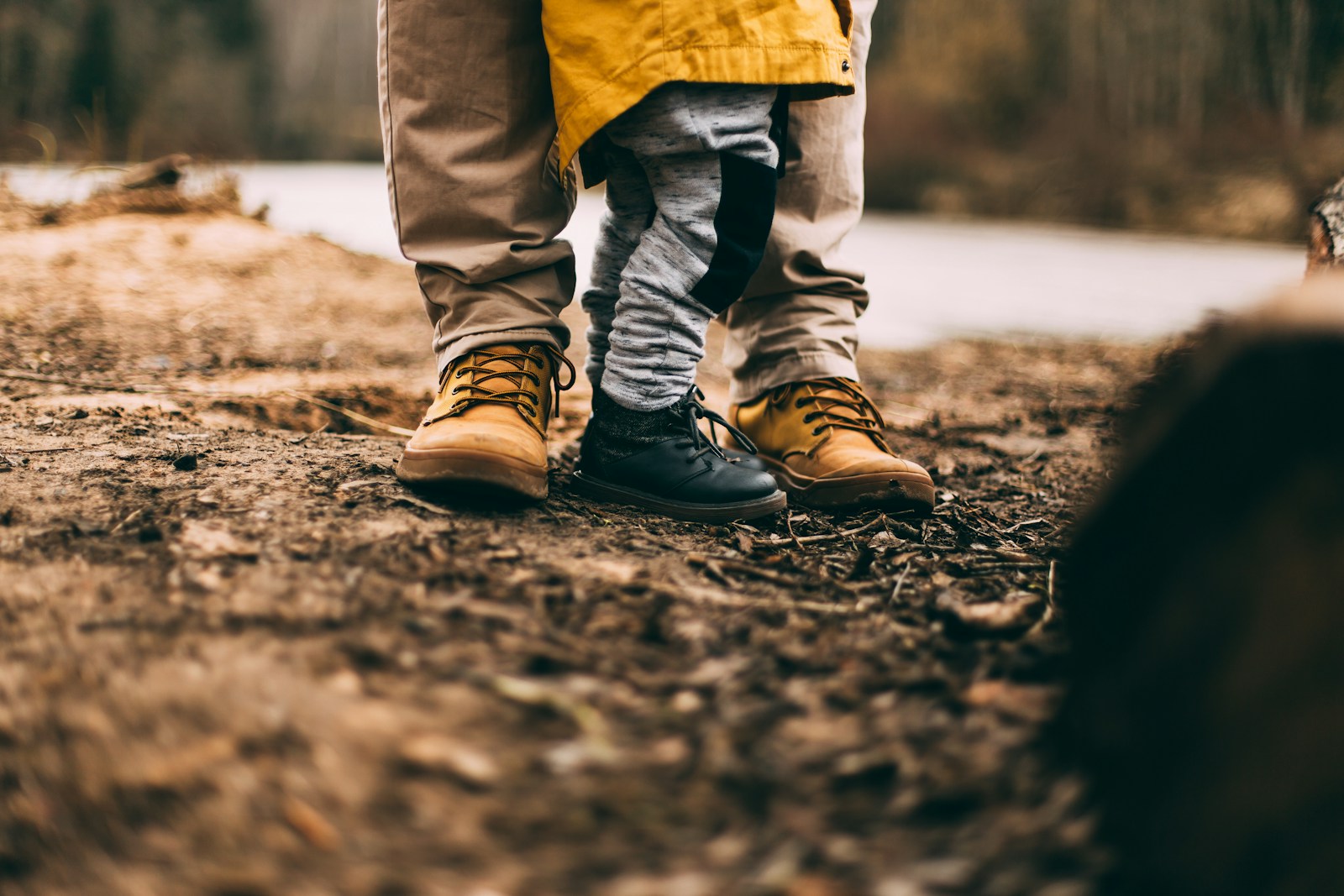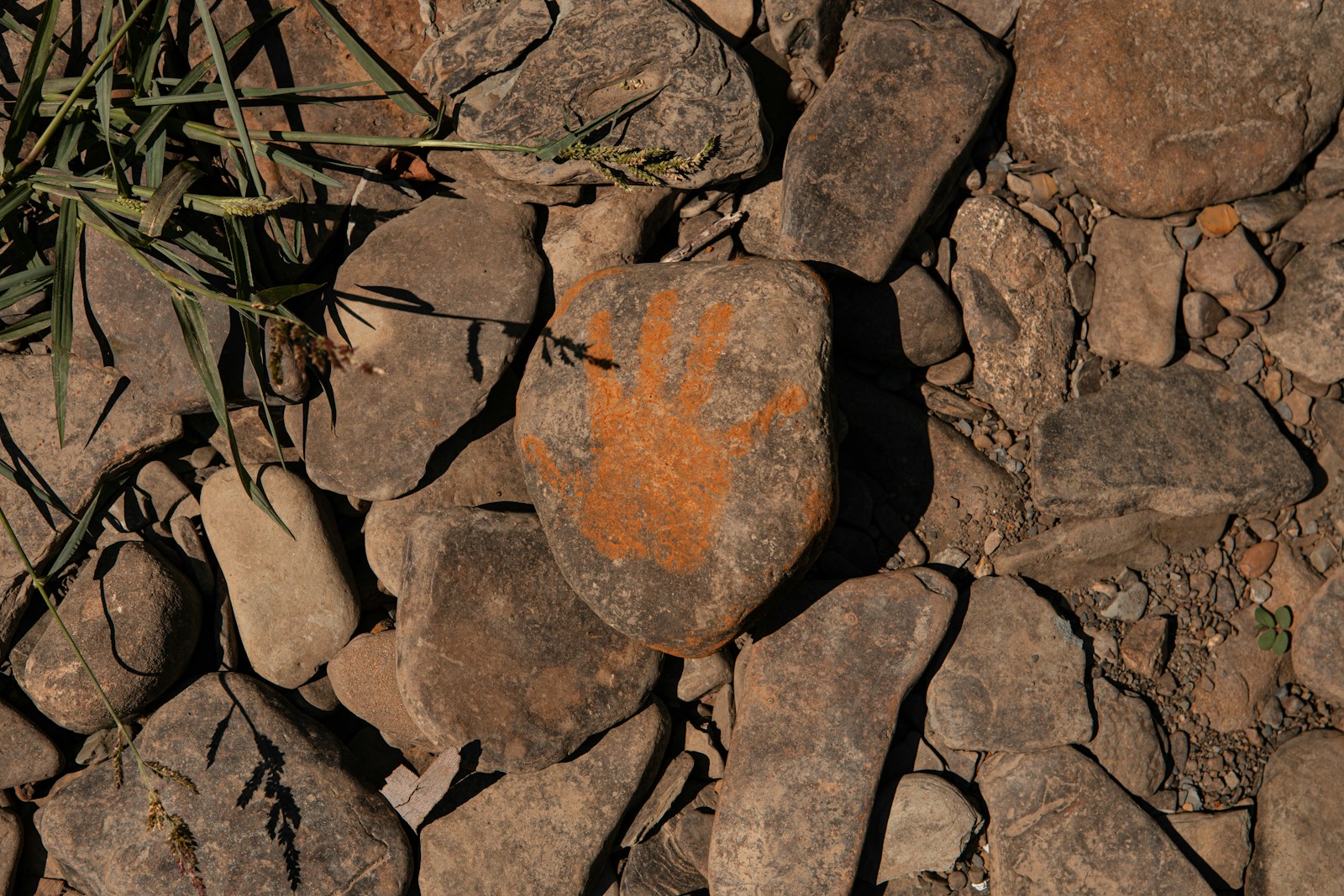
EcoGathering: Stewards
What is our place in the world? What should it be? What do we have to offer Earth and her living and non-living (so far as we think we know) communities? We regulary see appeals to the privilge or necessity of humans as stewards of the Earth. But what do these claims imply — ownership, power over, posession? Are we above the Earth, separate from her, as her managers? Where does our stewardship lead — or, how do we choose to make decisions as stewards? Do we choose what’s best for all beings, or do we consciously or unconsciously shape the world for our specific benefit? The idea of being a steward does get at an important point of course: we can and should have a role in co-creating an abundant, diverse living world. Could we do that as stewards? Or perhaps it’s better to imagine ourselves as siblings or neighbors, a more horizontal relationship with all other non-human members of the living world.

